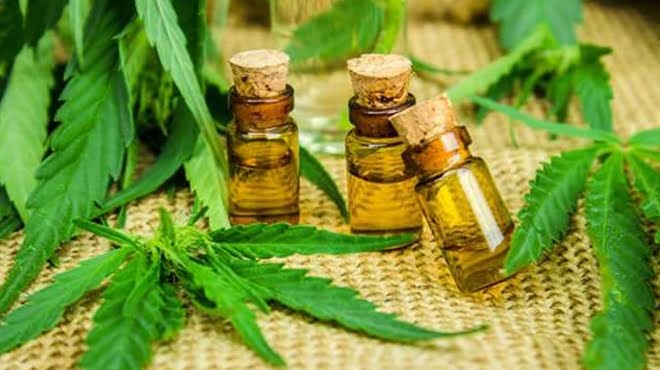In March 2017, Justice Dennis Davis handed down a judgment in the Western Cape High Court that declared sections of the Drugs and Drug Trafficking Act, invalid and unconstitutional.
Specifically he took issue with the provisions that prohibit private and personal use of dagga at home as a violation of the right to privacy.
He suspended this order of invalidity for 24 months to allow Parliament to amend these Acts and bring them in line with the Constitution. However, before Parliament considers the matter, this order of invalidity must first be confirmed by the Constitutional Court.
This means that the issue of using recreational marijuana at home is likely to remain a major talking point over the next few years, as government decides how it will move forward with its legality in South Africa.
However there have also been a number of less publicised changes to how cannaboids may be used for medicinal purposes.
“Cannabis contains two major chemical compounds called cannabinoids, namely CBD oils (cannabidiol) and THC (tetrahydrocannabinol), the former being a non-psychoactive that is becoming increasingly valued for its medicinal properties, and the latter being associated with euphoria and relaxation,” explained Mandi Krebs, associate at law firm Hogan Lovells.
“Due to the non-psychoactive nature of the CBD compound, many people are considering whether it may be used as a viable and effective alternative to mainstream pharmaceuticals.
“Anecdotal evidence has touted the medicinal benefits for ages, but it is only in recent years that the scientific research has offered scientific evidence to support those therapeutic claims,” she said.
Citing a number of analysts, Krebs also noted that the CBD oil market is set to grow at an estimated compound annual growth rate of 39.19% between 2017 and 2021, and this positive forecast may result in substantial benefits for those jurisdictions that have approved the use of CBD in therapeutic applications – including the United States of America and several European countries, and certainly for the patients in those jurisdictions.
South Africa
“Previously, the local regulatory authority in South Africa (SAHPRA) only permitted patient access to cannaboid-containing products in exceptional circumstances, and subject to the treating physician first having obtained permission to import the required product,” said Krebs.
“However, the South African Department of Health and SAHPRA have recently issued guidelines regarding the cultivation of Cannabis, and in an effort order to ensure the availability of quality-assured locally grown Cannabis, exclusively for medical, scientific and clinical research purposes.”
As a result, cultivators of Cannabis may now apply to SAHPRA for a licence, in terms of the Medicines and Related Substances Act (Medicines Act) authorising the cultivation, extract and/or testing of Cannabis and Cannabis resins (i.e. CBD) as well as the manufacture, import, export and/or distribution of a cannaboid-containing product, Krebs said.
What will this mean for persons wishing to manufacture cannaboid-containing products in South Africa?
“For a start, SAHPRA would require compliance to the local South African pharmaceutical environment, which is highly regulated, and in terms of SAHPRA issued guidelines, licence conditions may include matters related to quality controls, the employment of suitable persons and compliance measures regarding security, transport and/or reporting,” Krebs said.
“It is promising to note that the South African regulator and the Department of Health have considered the benefits and risks of cannaboid-containing products, and with a view to granting marketing access for medical use purposes.
“Perhaps the ambitious foreign direct investment drive recently launched by the South African president, Cyril Ramaphosa, will encourage those interested in the cultivation of Cannabis or the manufacture of CBD containing pharmaceuticals, to explore the promising CBD “landscape” in South Africa,” she added.















